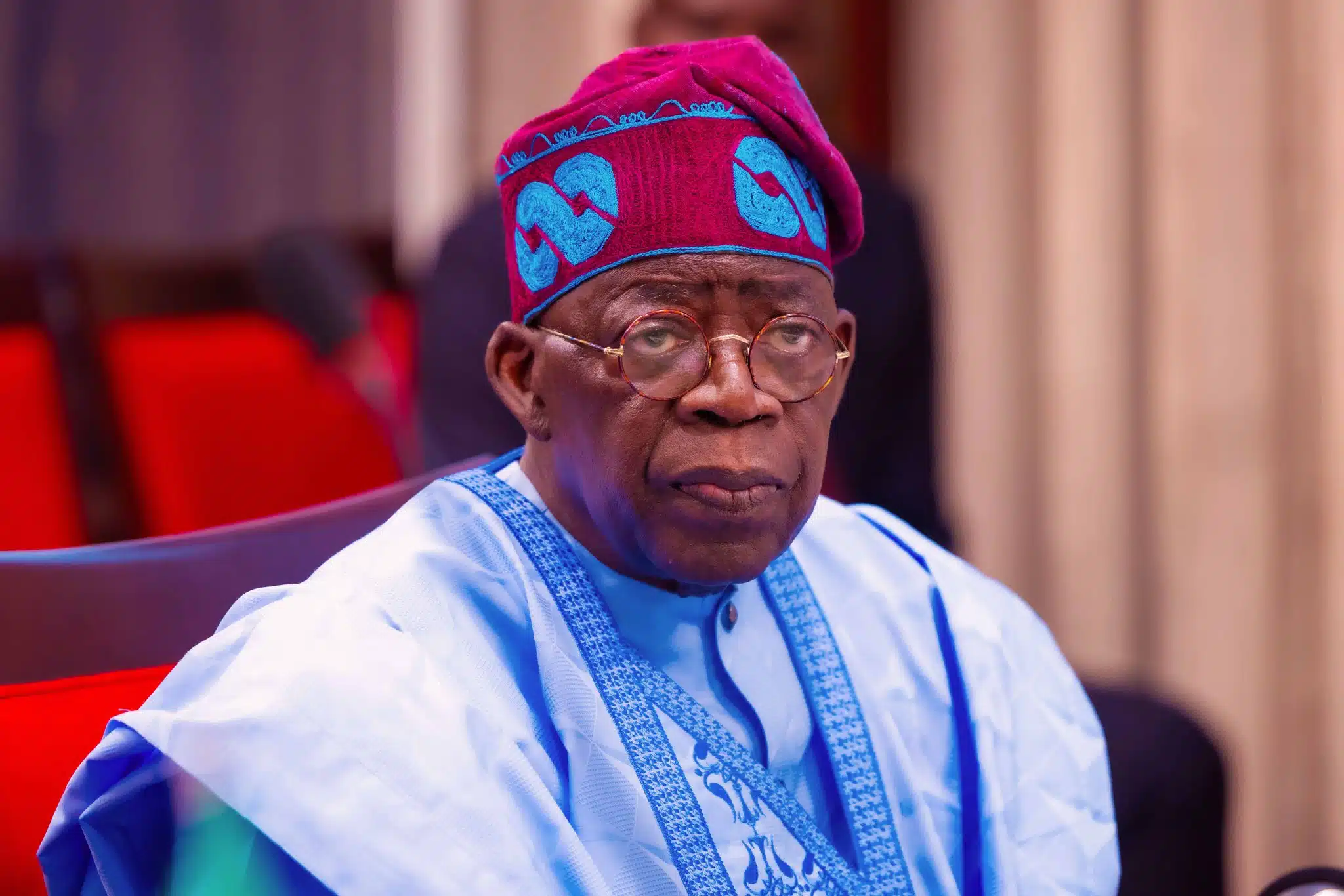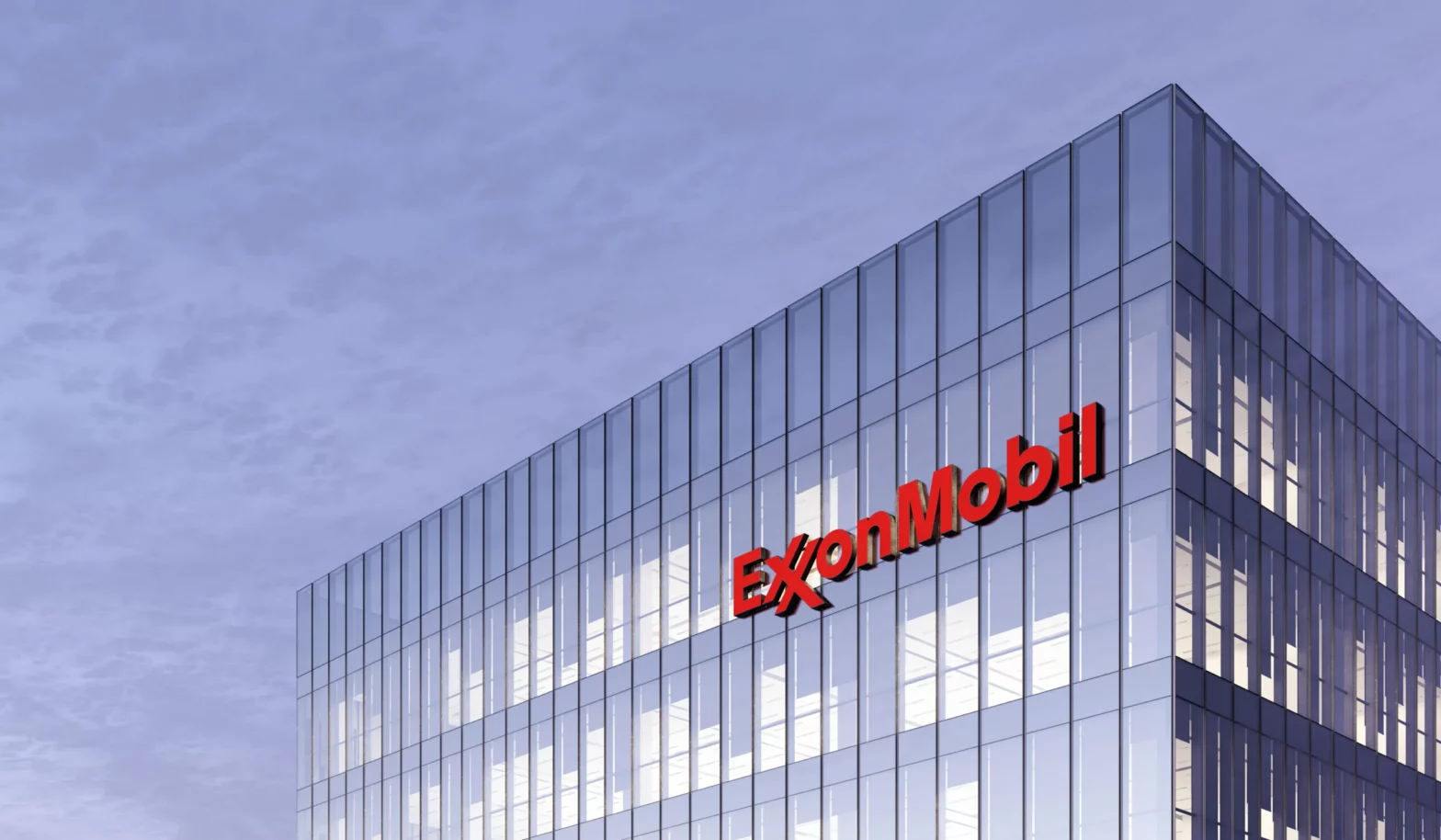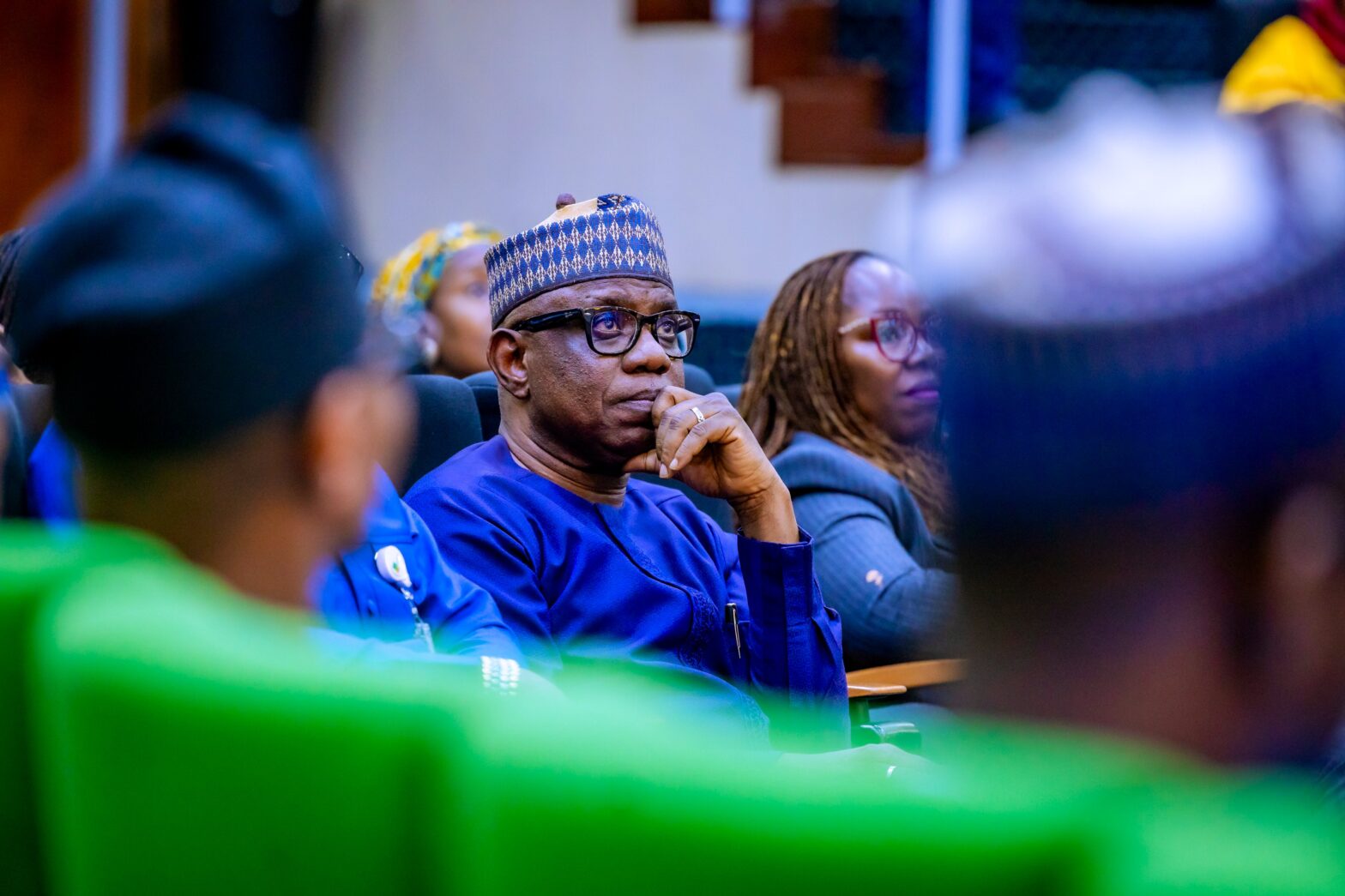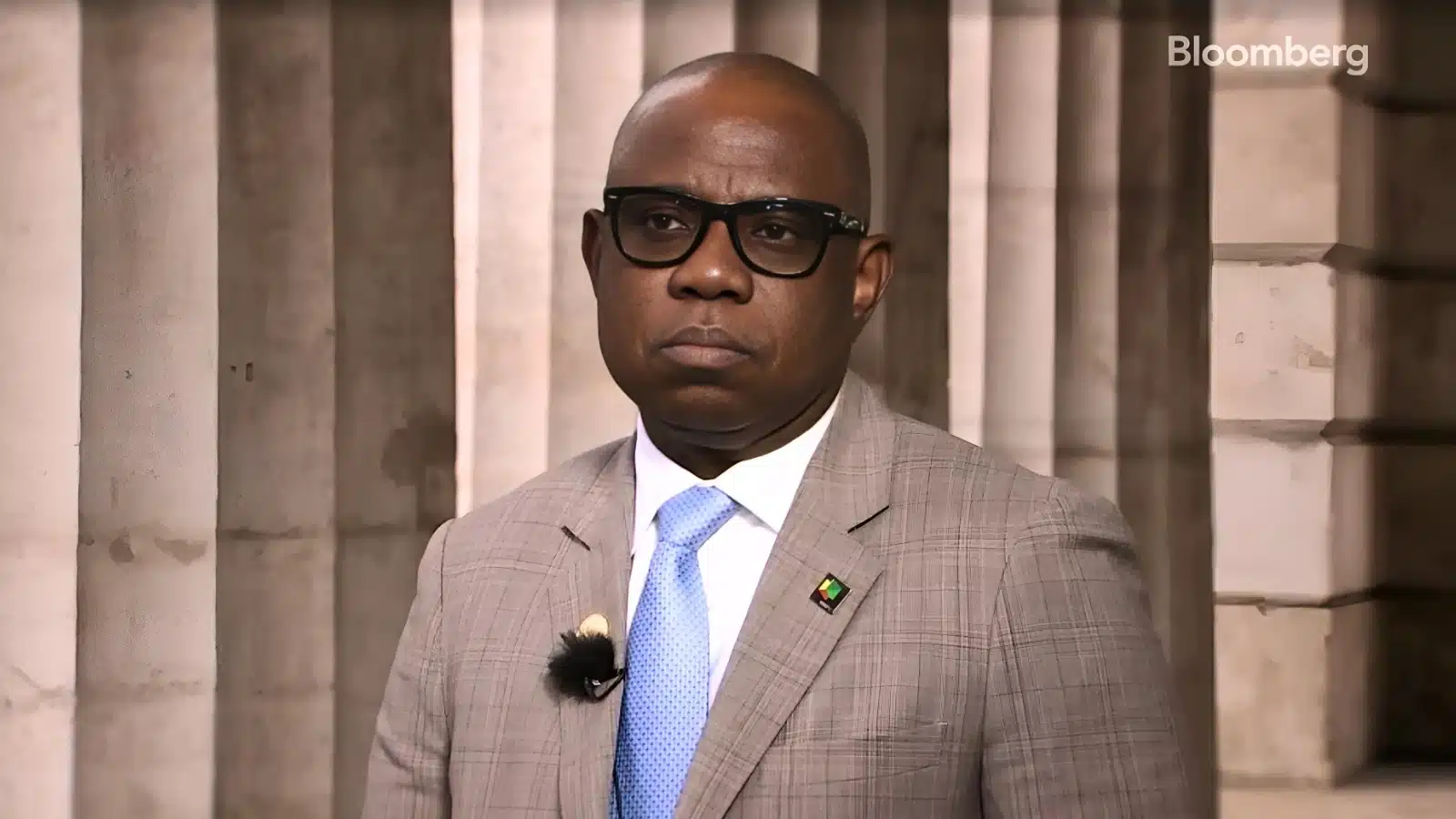Nigeria’s President, Bola Tinubu, has stated that petrol prices across the country are gradually reducing alongside other commodities.
Tinubu made this declaration in his New Year message to Nigerians at the State House in Abuja on Wednesday.
The president, who previously said he has no regrets about removing the fuel subsidy, emphasized that his primary goal for 2025 is to reduce inflation to 15%.
The price of petrol has increased by over 400% since Tinubu’s removal of the subsidy in May 2023. However, the emergence of local refineries has positively impacted price trends, with the Dangote Refinery and the Nigerian National Petroleum Corporation (NNPC) Limited cutting their prices during the yuletide period.
Tinubu described this gradual price reduction as an economic indicator that signals a positive outlook for the nation in 2025.
“As the new year dawns, it brings many hopes, aspirations, and prospects for better days. By the grace of God, 2025 will be a year of great promise in which we will fulfill our collective desires.
“Though 2024 posed numerous challenges to our citizens and households, I am confident that the New Year will bring brighter days.
“Economic indicators point to a positive and encouraging outlook for our nation. Fuel prices have gradually decreased, and we recorded foreign trade surpluses in three consecutive quarters. Foreign reserves have risen, and the Naira has strengthened against the US dollar, bringing greater stability,” Tinubu said in part in a statement.
In 2025, Nigeria is poised to enter an era of post-subsidy with the complete deregulation of the downstream sector.
The movement of product prices will no longer depend on government interventions but on other external factors, including industry actions, international market dynamics, and the operations of local refineries like the Dangote Refinery.
Reports indicate that the 650,000 barrels-per-day Dangote Refinery is set to ramp up production, capturing a significant share of the market and positioning Nigeria as a net exporter of petroleum products for the first time.
Additionally, state-owned refineries such as the Port Harcourt and Warri refineries are expected to be fully operational, further reducing Nigeria’s reliance on importation in 2025.








